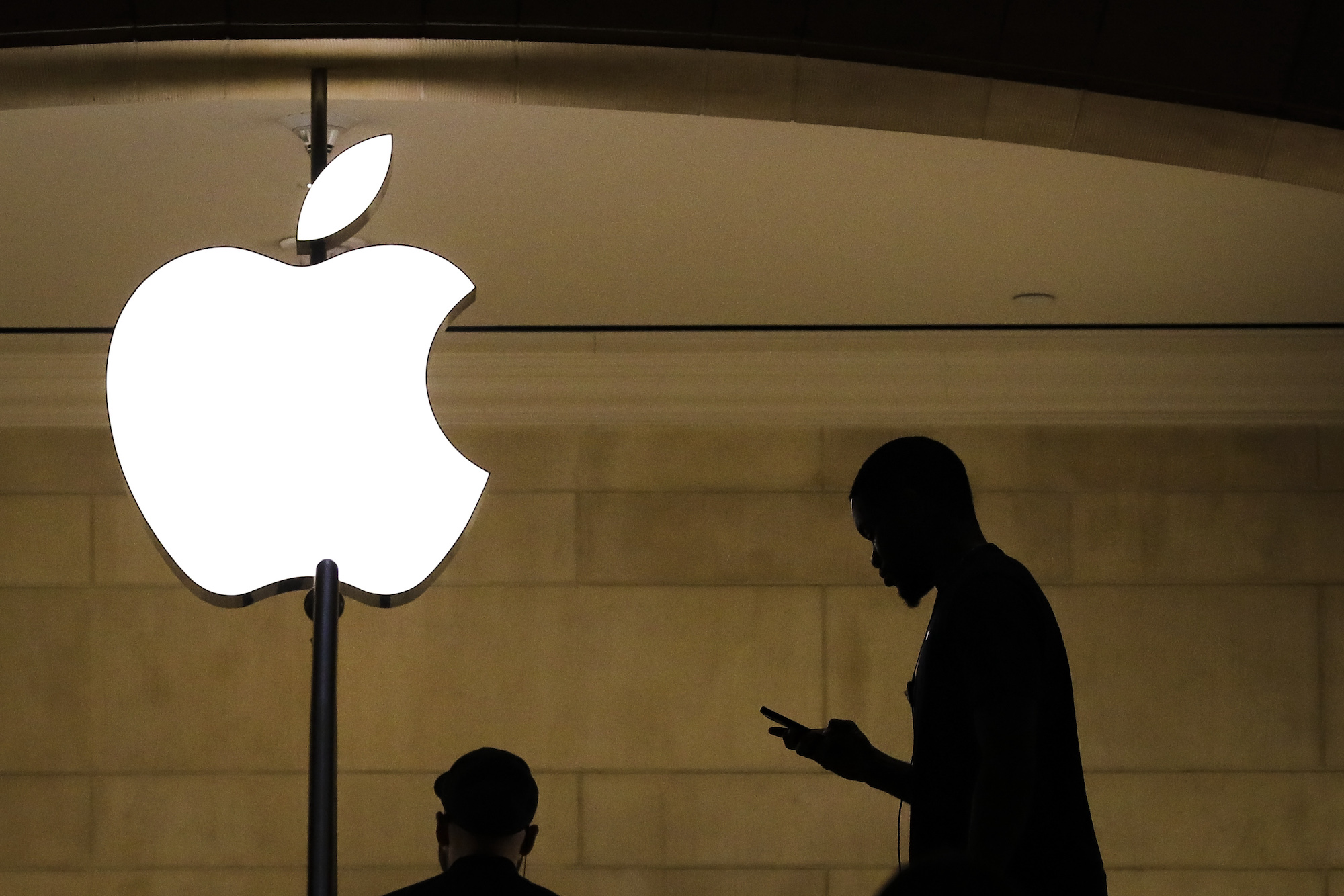
Apple Inc. has issued warnings to iPhone users in 92 countries about the threat of highly sophisticated mercenary spyware attacks. On Wednesday, at 12 p.m. Pacific Time, the tech giant dispatched notifications advising users that their devices might be compromised.
Although the company’s alert did not reveal the identities of the attackers or specify the countries of the targeted users, the message was clear: certain individuals might have been chosen based on their identities or professions for these intrusive cyber attacks.
The alert directly informed affected users of the detection of attempts to remotely compromise their iPhones through association with their Apple IDs. Apple’s message emphasized the seriousness of the threat, stating its high confidence in the detection of these mercenary spyware attacks and advising users to take the warnings earnestly.
Apple is no stranger to sending out such alerts; the company has a history of notifying its users about similar cybersecurity threats, extending its vigilance to over 150 countries since 2021. These notifications are part of a broader effort to safeguard users from the increasingly sophisticated landscape of cyber threats that go beyond the capabilities of ordinary cybercriminals or consumer malware.
What Happened With Spyware Alerts in the Past?
In a notable incident in October of the previous year, Apple sent identical warnings to journalists and politicians in India, alerting them to potential spyware attacks. Following these alerts, Amnesty International conducted investigations that confirmed the presence of Pegasus spyware, developed by the Israeli firm NSO Group, on the iPhones of several prominent Indian journalists. This instance underscores the global reach of such cyber threats, with India being among the countries whose users received Apple’s latest notifications.
The timing of these alerts is particularly sensitive, given the upcoming elections in many nations and the increased awareness of state-sponsored efforts to influence electoral outcomes. While Apple’s notifications did not directly comment on the timing, the context suggests a heightened state of alert for cyber espionage activities around such critical political events.
Challenges in Combatting Spyware Threats
Apple’s communications to affected users were circumspect regarding the specifics of the threats, indicating that disclosing more information could inadvertently assist the attackers in refining their methods to evade detection. This stance highlights the challenges in addressing and mitigating such advanced threats, which Apple has previously categorized as “state-sponsored” but now refers to more broadly as “mercenary spyware attacks.”
The company further clarified the nature of these threats, distinguishing mercenary spyware attacks like those using the Pegasus spyware from more common threats. Such attacks are described as exceptionally rare and significantly more complex, demanding a sophisticated response from cybersecurity defenses.
Apple assured that its threat notifications are based on thorough internal investigations and intelligence, reflecting a high degree of confidence that a user has been individually targeted by these advanced spyware attacks.
Related News:
Featured Image courtesy of Drew Angerer/Getty Images
